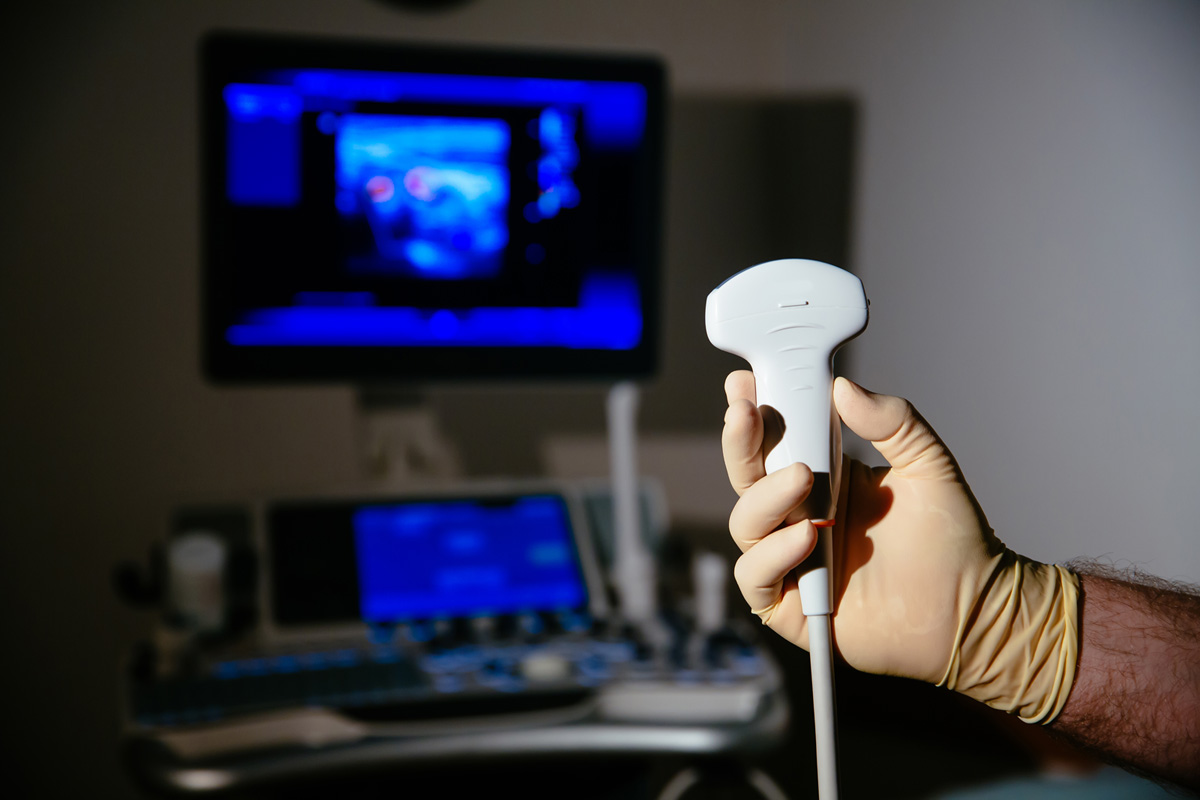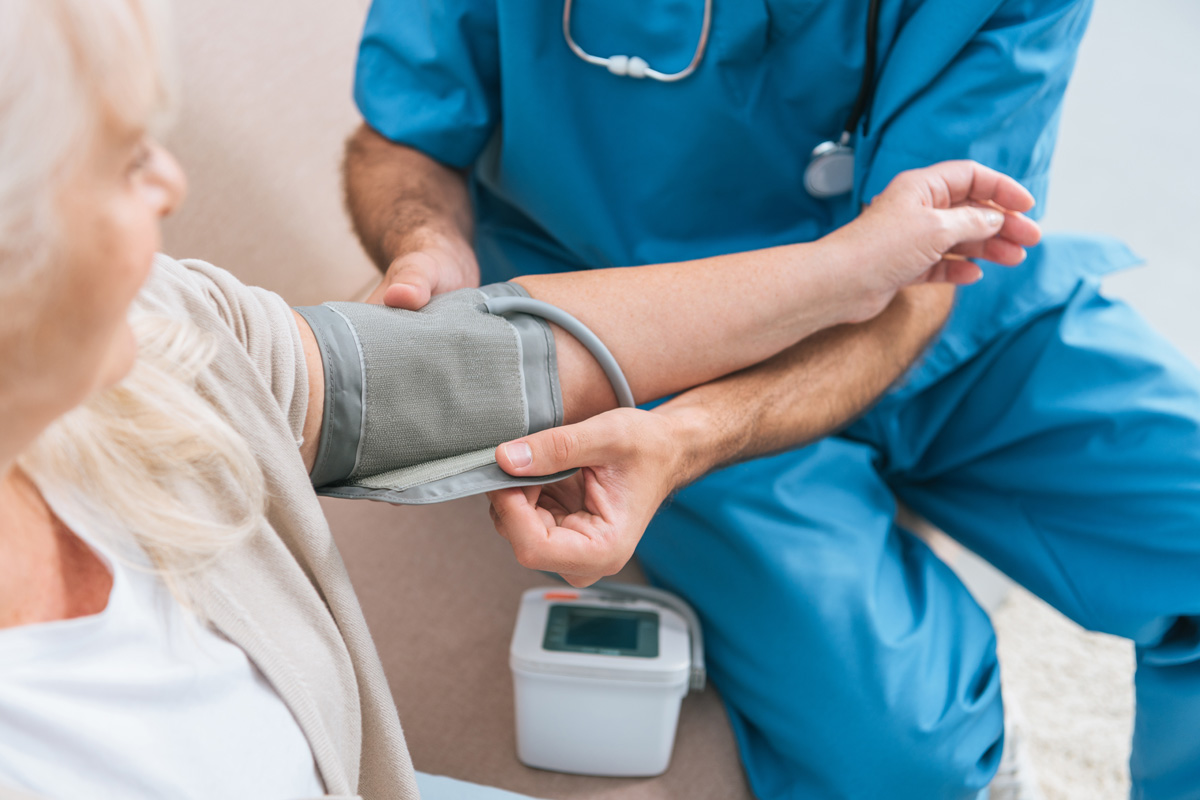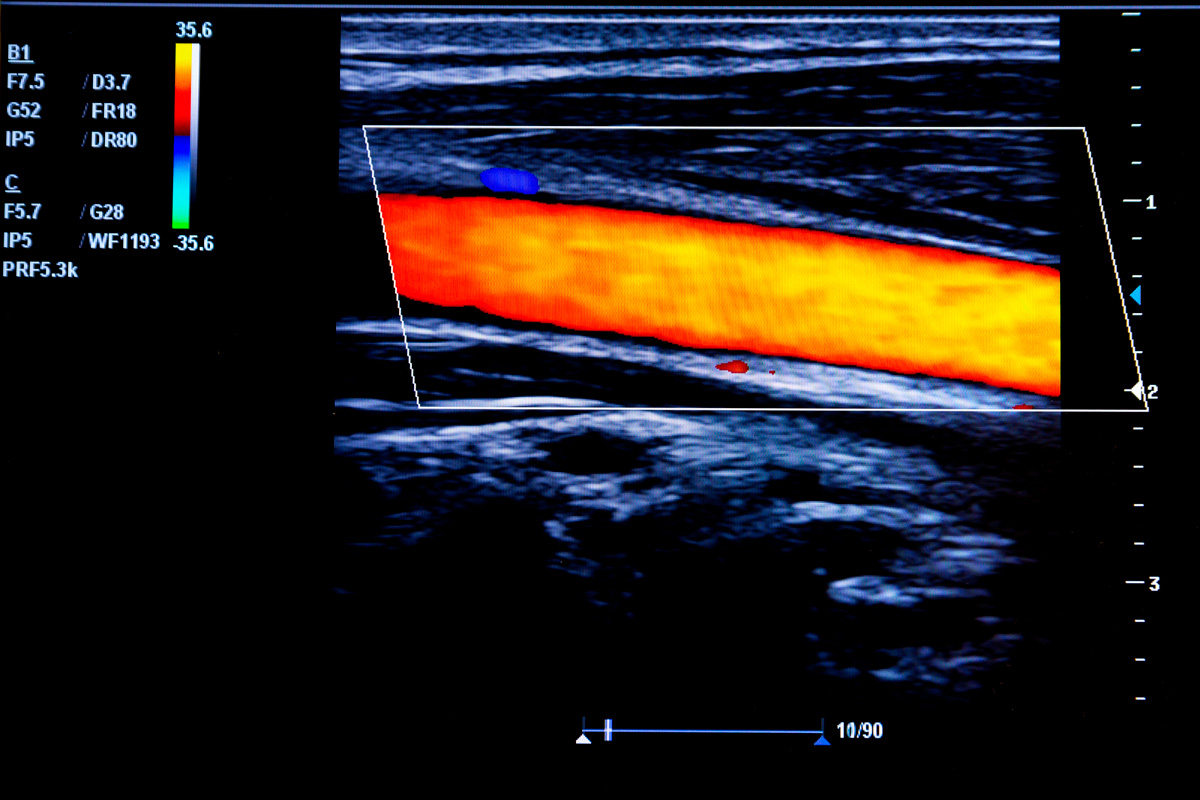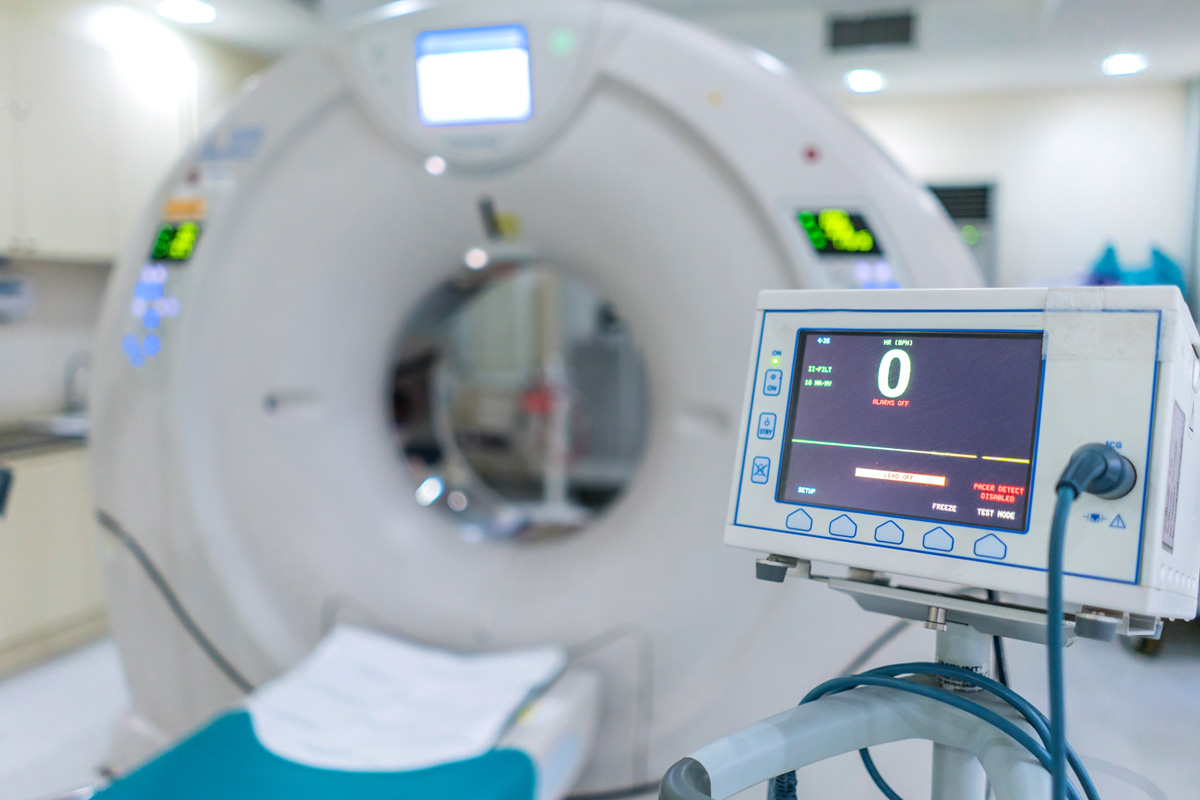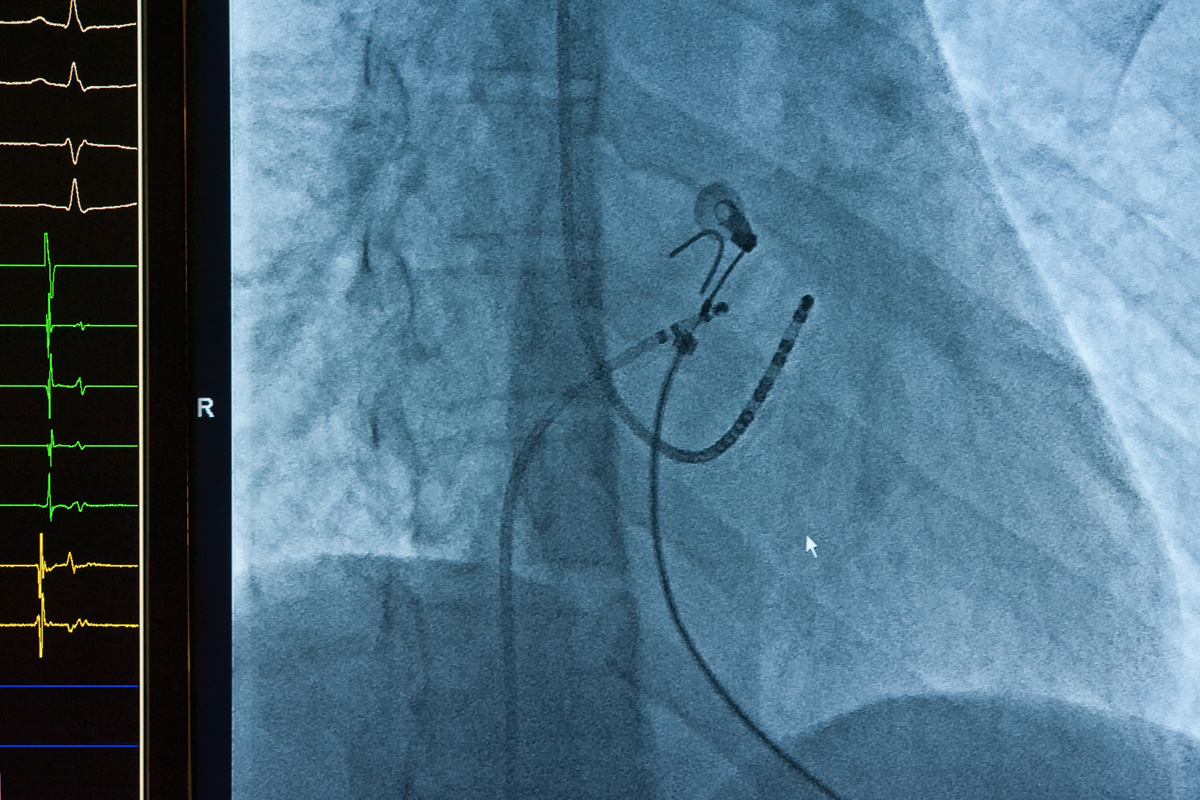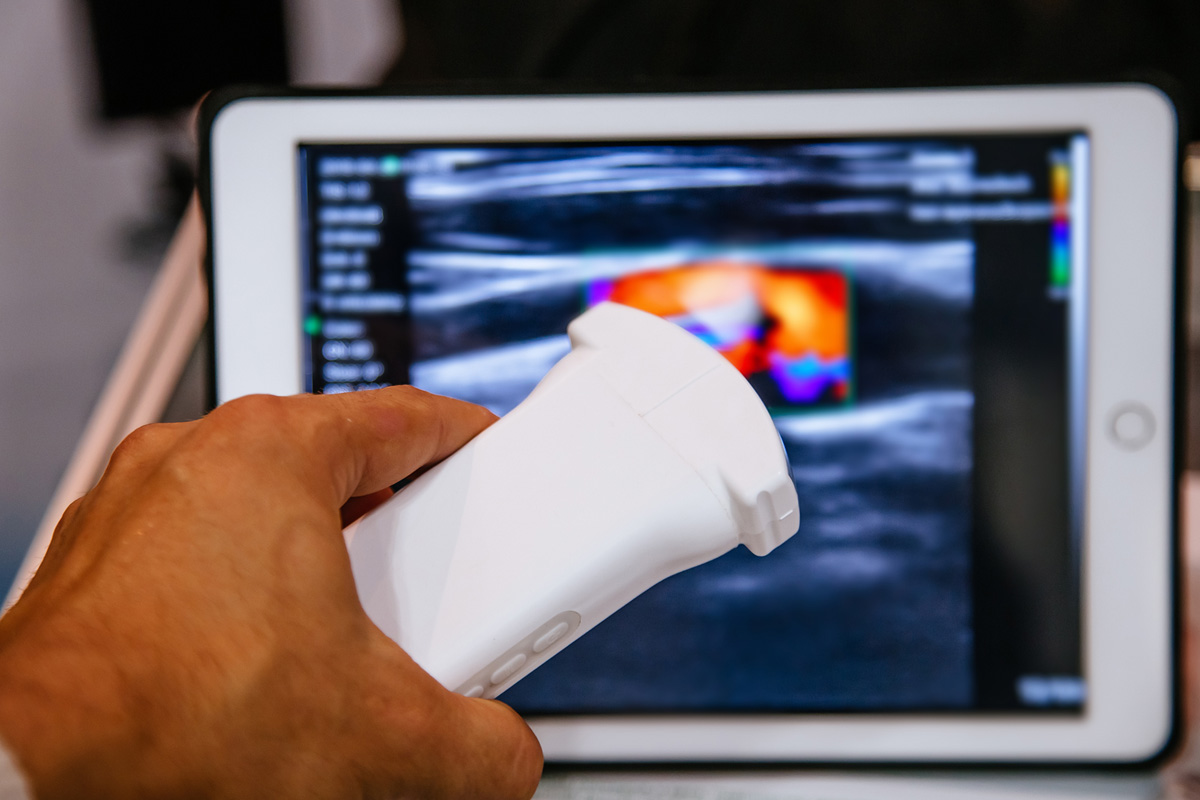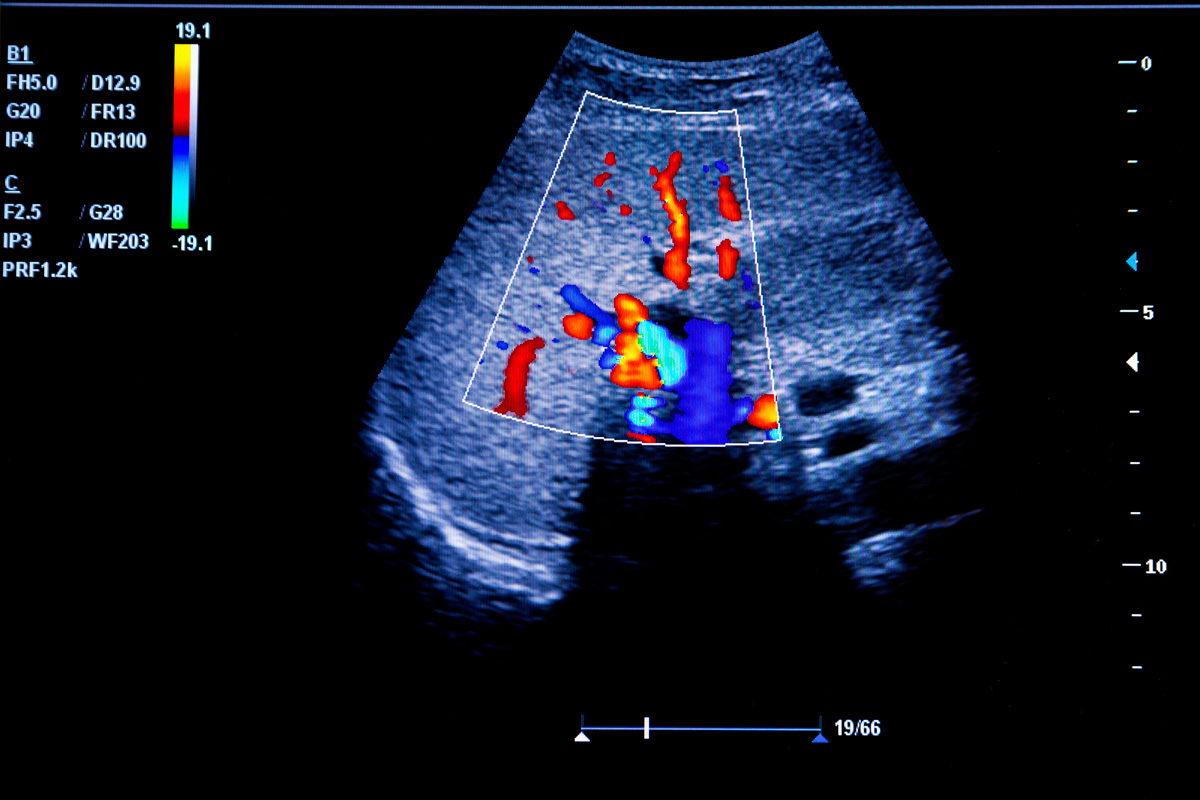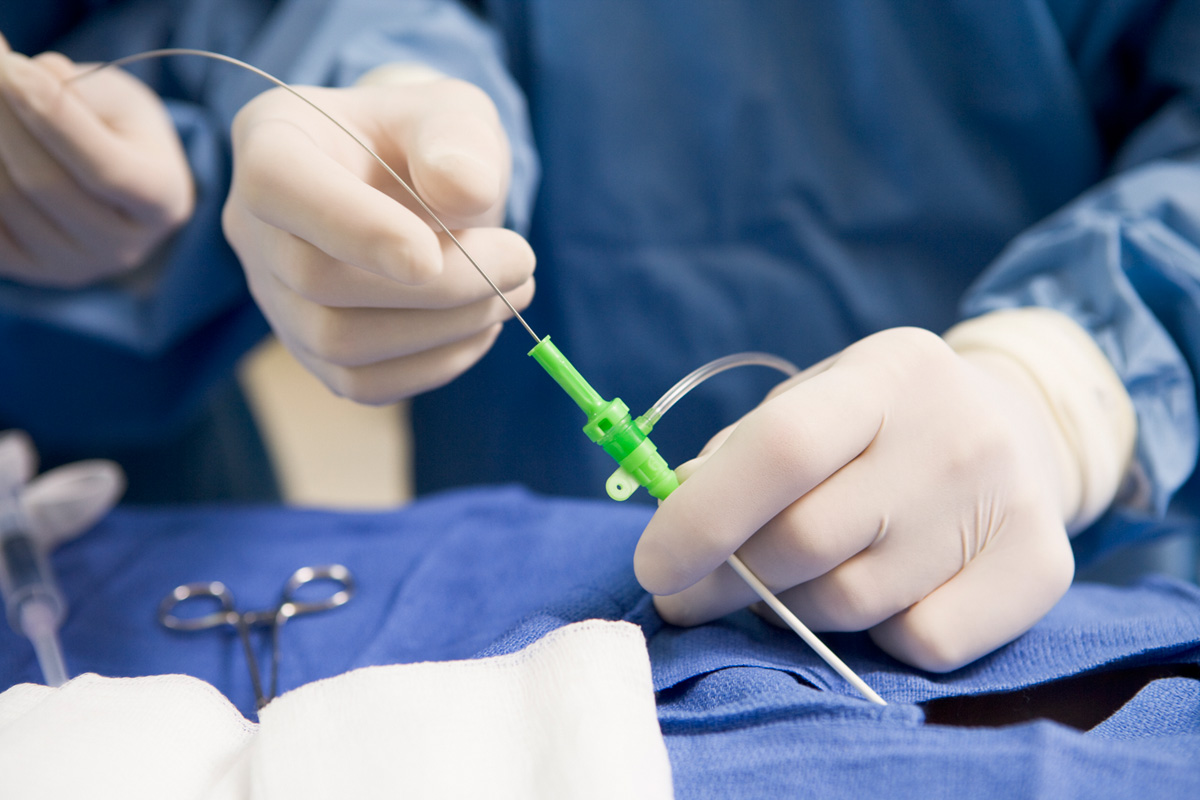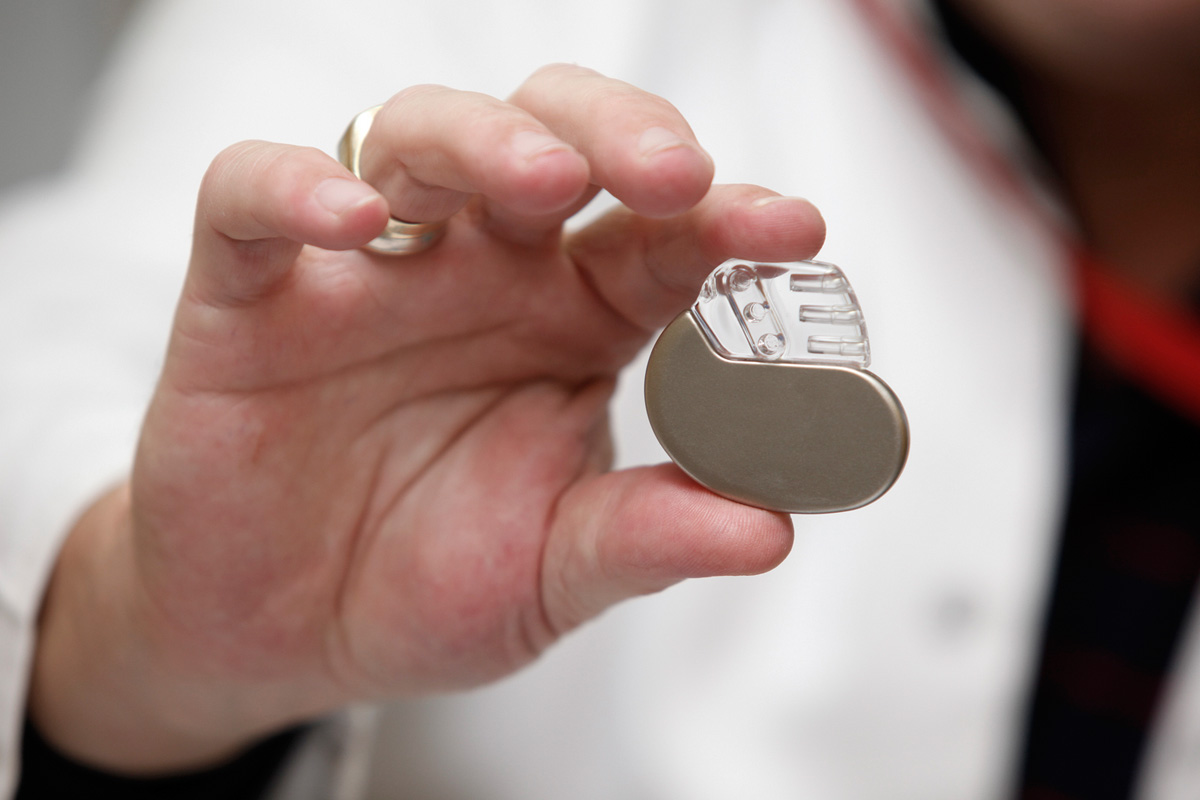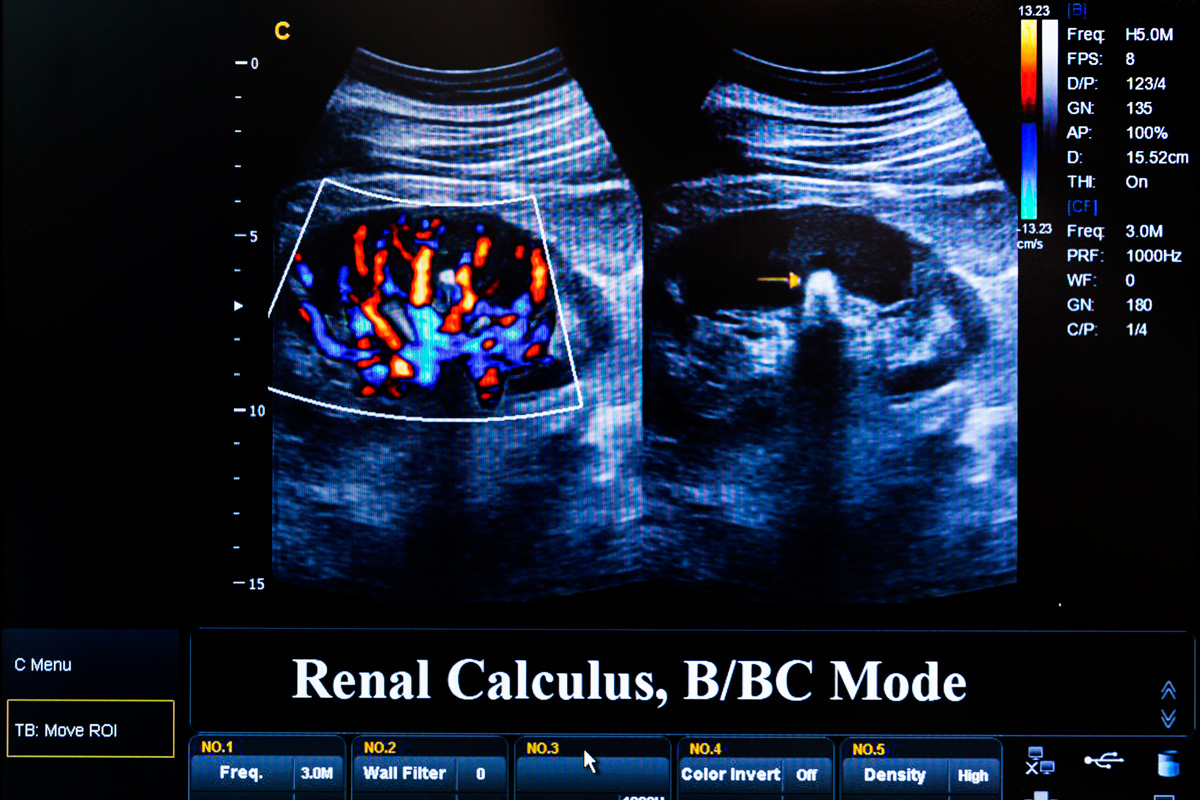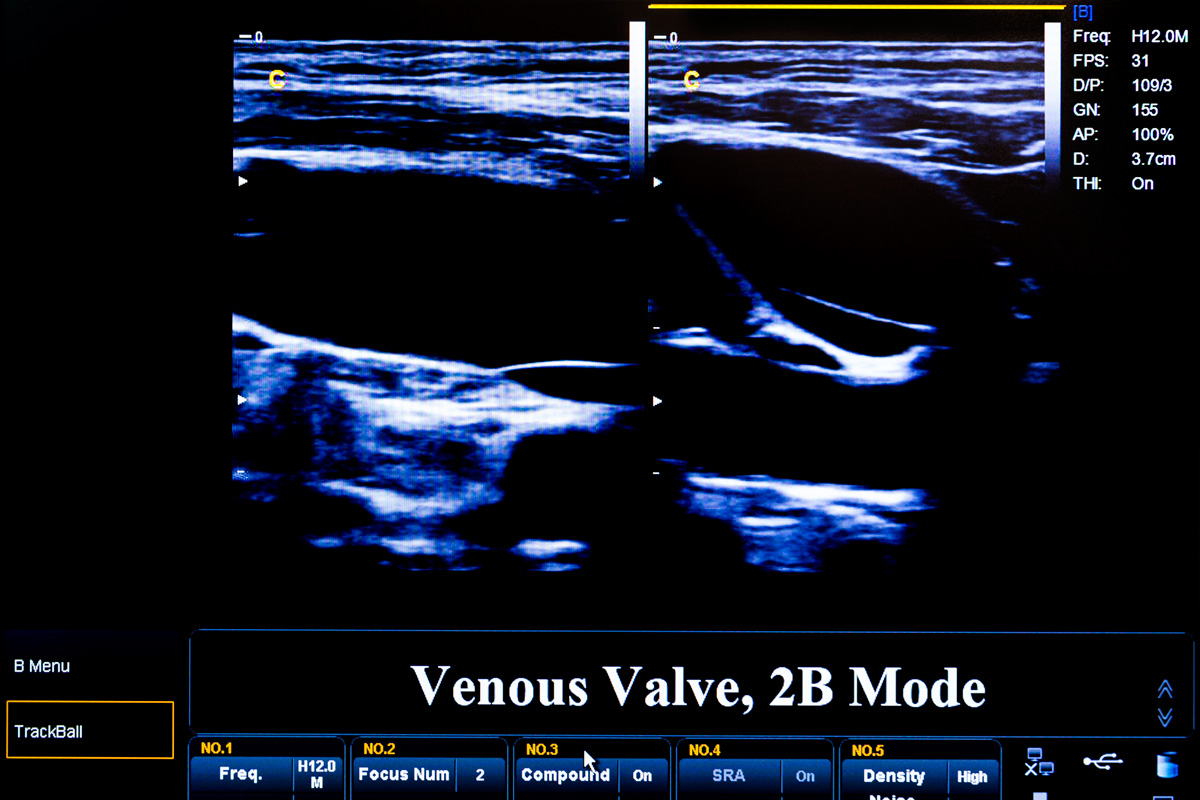Heart & Vascular Services in Dayton, Ohio
To treat a heart or vascular condition, it is imperative that patients undergo the appropriate screenings, testing, and procedures for an accurate diagnosis.
At Buckeye Heart & Vascular Institute, we offer a full range of advanced testing, screening procedures, and treatments used to address various heart and vascular conditions. We are your Ohio heart and vascular center. Our facility is equipped with state-of-the-art technology. It allows our team of cardiologists and vascular specialists to perform a multitude of diagnostic testing and procedures in-house.
Being a patient at Buckeye Heart & Vascular Institute means that you don’t have to visit multiple locations, and see different specialists. Our team of board-certified vascular physicians works collaboratively to deliver innovative solutions tailored to the individual needs of each unique patient.
We understand that living with heart and vascular conditions can affect your future health, daily routines, and overall quality of life. We work diligently to accurately diagnose and effectively treat your conditions, so the treatment works the first time.
At Buckeye Heart & Vascular Institute, you are receiving healthcare from an integrated team of cardiovascular specialists. We are highly trained in many aspects of cardiovascular disease, cardiovascular health, and other related areas. For a detailed explanation of our services visit each link below.
Visit Buckeye Heart & Vascular Institute
Our focus on patient-centered care and our commitment to helping each of our patients improve their cardiovascular health make us an ideal partner in your cardiovascular health journey.


